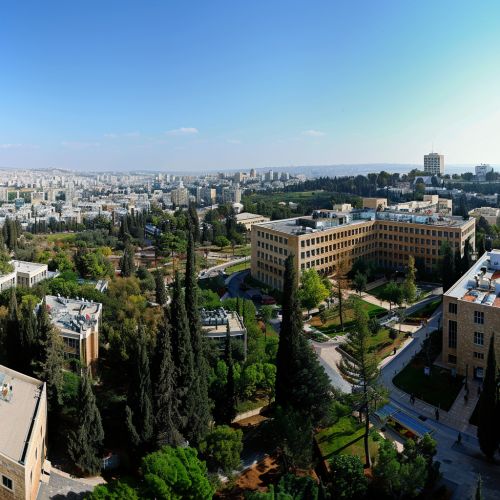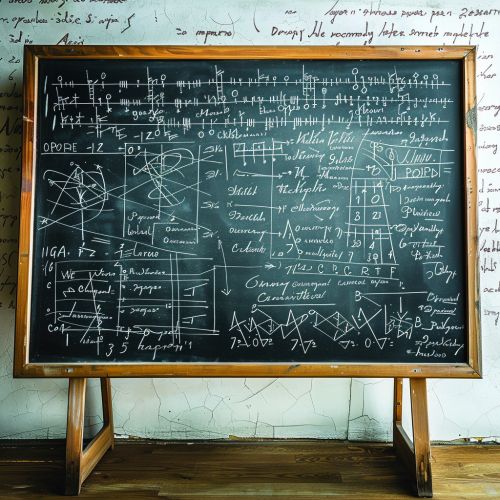Saharon Shelah
Early Life and Education
Saharon Shelah was born on July 3, 1945, in Jerusalem, Israel. He showed an early interest in mathematics, which he pursued in his higher education. Shelah studied at the Hebrew University of Jerusalem, where he received his Bachelor's degree in mathematics and philosophy in 1964. He continued his studies at the same university, earning his Master's degree in mathematics in 1967. He then pursued his doctorate under the supervision of Michael O. Rabin, completing his Ph.D. in mathematics in 1969. His doctoral thesis was titled "On a Problem of Kurosh, Jonsson Groups, and Applications".


Career
After completing his Ph.D., Shelah began his academic career as a lecturer at the Hebrew University of Jerusalem. He was promoted to senior lecturer in 1972 and to associate professor in 1974. In 1980, he became a full professor at the Hebrew University.
In addition to his position at the Hebrew University, Shelah has held visiting positions at various institutions around the world. He was a visiting scholar at the University of California, Berkeley in 1975, and at the University of Wisconsin–Madison in 1979. He has also been a long-term member of the Institute for Advanced Study in Princeton, New Jersey.
Shelah's research has focused on mathematical logic, specifically set theory, model theory, and their applications to algebra and combinatorics. He has made significant contributions to these fields, including the development of classification theory for non-elementary classes, and the discovery of the Black Box, a fundamental tool in model theory.
Contributions to Mathematics
Shelah's work in set theory and model theory has had a profound impact on these fields. His most significant contributions include:
Classification Theory
Shelah developed a comprehensive classification theory for non-elementary classes, which was a major breakthrough in model theory. This work, published in two volumes, is considered his magnum opus.
Black Box
In the field of model theory, Shelah introduced the concept of the Black Box, a tool that allows for the construction of models with specific properties. This has become a fundamental tool in the field.
PCF Theory
Shelah also developed PCF (Possible Coefficients of Free) theory, a branch of set theory that deals with the structure of the set of possible sizes of infinite subsets of a given infinite set.
Applications to Algebra and Combinatorics
Shelah's work has also had significant applications in algebra and combinatorics. His results in these areas have provided new insights and solutions to long-standing problems.


Awards and Honors
Over his career, Shelah has received numerous awards and honors in recognition of his contributions to mathematics. He was awarded the Erdős Prize in 1977, the Karp Prize in 1983, and the Israel Prize in 2001. In 2018, he received the Rolf Schock Prize in Logic and Philosophy for his pioneering work in model theory and set theory.
Personal Life
Shelah is married to Yael, a clinical psychologist. They have three children. Outside of his academic pursuits, Shelah enjoys reading, particularly works of philosophy and literature. He is also an avid chess player.
